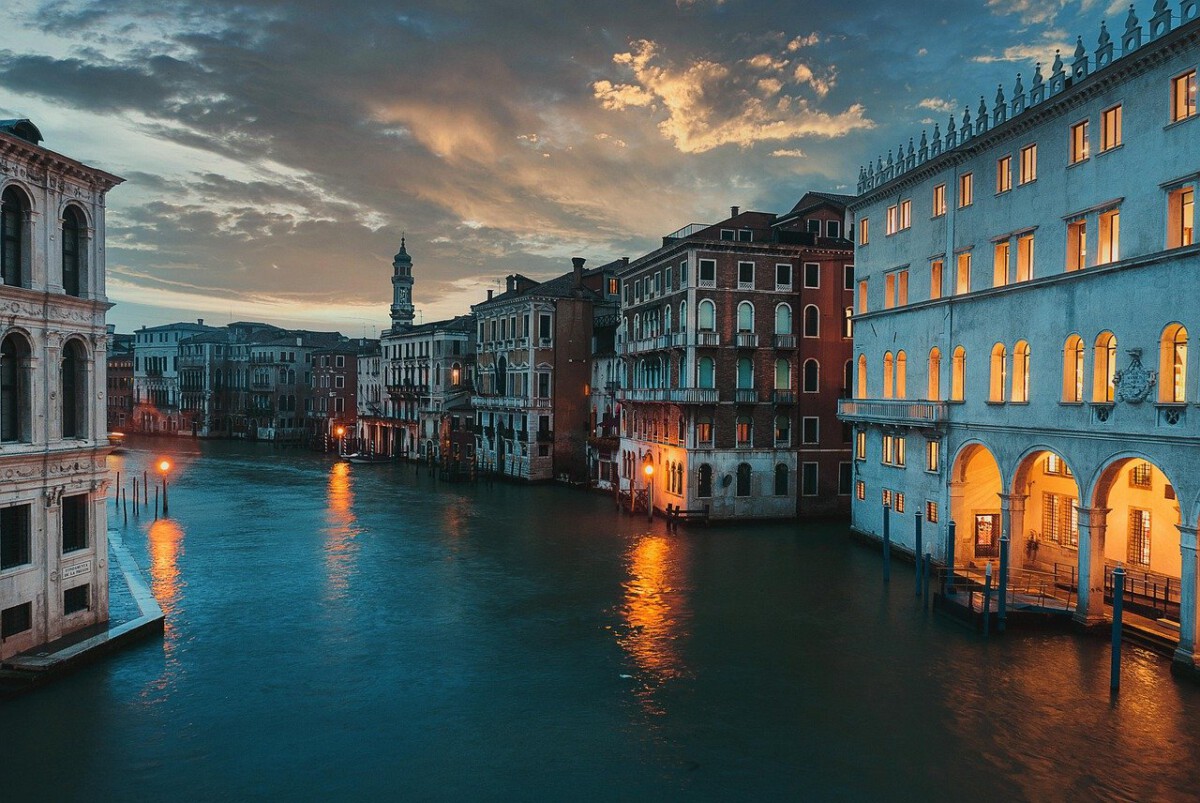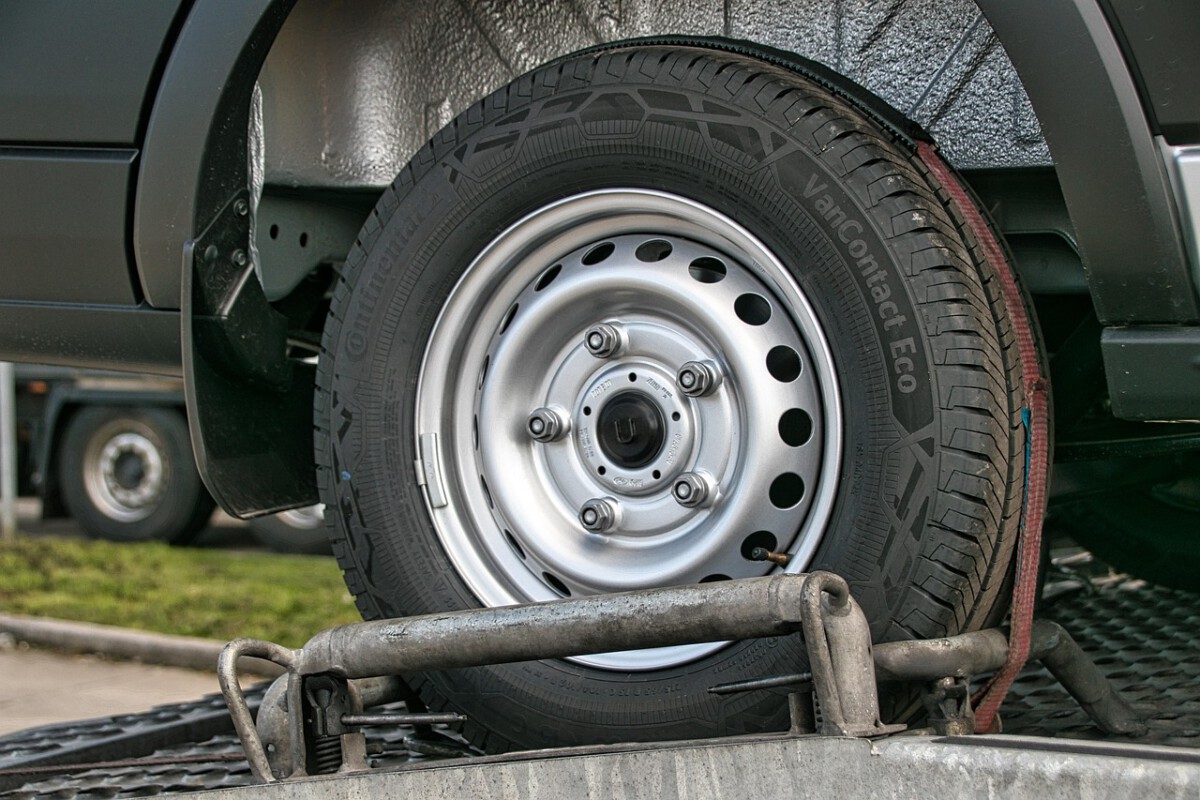Switzerland: Prosperity Surrounded by Majestic Views

Switzerland’s happiness feels like standing on a mountain peak, breathing in fresh alpine air, and knowing you’re safe and cared for. With high salaries, low unemployment, and a famously efficient healthcare system, stress about daily needs is rare. Swiss citizens enjoy direct democracy, regularly voting on national issues, which gives them a strong sense of control over their lives. The country’s cities rank among the cleanest and most livable, with public transport running like clockwork and nature always close by. Skiing, hiking, and cycling are more than hobbies—they’re a way of life that keeps people healthy and energized. The blend of French, German, and Italian cultures makes Switzerland a patchwork of traditions, delicious food, and lively festivals. Many Swiss say their happiness comes from stability, beauty, and a sense of belonging.
Iceland: Community, Creativity, and the Wild Unknown

Life in Iceland feels exhilarating and close-knit, with only about 370,000 residents sharing a land of volcanoes, waterfalls, and endless skies. People here know their neighbors, and social bonds run deep, with frequent community gatherings and celebrations. Gender equality is not just a goal but a reality, as Iceland leads the world in closing the gender gap. Free healthcare and education mean families don’t worry about basic needs, freeing them to explore passions and creativity—the country’s music and arts scenes are famously vibrant. Nature is a playground, whether you’re chasing the Northern Lights or soaking in a geothermal pool after work. Low crime rates and a government that’s transparent and approachable foster trust and serenity. Icelanders often say happiness is about being close to nature and each other.
Netherlands: Freedom, Openness, and Everyday Enjoyment

The Netherlands feels like a canvas painted with bicycles, tulip fields, and open minds. Dutch society prides itself on tolerance and individual freedom, welcoming different cultures and lifestyles. The extensive cycling infrastructure isn’t just practical—it makes cities safer, cleaner, and more connected, letting people commute with ease and enjoy the outdoors daily. Social welfare is robust, with support for those who need it, and healthcare is reliable and efficient. Work-life balance is deeply valued, and it’s common for people to work part-time or take long vacations to savor time with family. City life is lively, with markets, festivals, and art everywhere, yet nature reserves are always just a short bike ride away. Dutch people often describe happiness as the freedom to be themselves and enjoy life’s simple pleasures.
Norway: Where Nature and Nurture Go Hand in Hand

Norway’s happiness is grounded in its breathtaking scenery and a deep respect for community. The concept of “friluftsliv,” or open-air living, encourages Norwegians to spend time outside year-round, whether hiking, skiing, or simply walking in the woods. The country’s oil wealth is managed wisely, funding top-notch education, healthcare, and generous parental leave, so families feel secure from cradle to grave. Social equality is a matter of pride—no one is left behind, and everyone’s voice counts. Cities are clean and safe, but it’s the countryside, with its fjords and forests, that really steals the show. Norwegians say their secret to happiness is feeling both free and deeply connected, with nature and each other as constant companions.
Sweden: Balance, Sustainability, and Forward Thinking

Sweden’s way of life feels balanced, fair, and always looking ahead. The principle of “lagom,” meaning not too much, not too little, shapes daily choices—people strive for harmony in work, family, and leisure. The government provides universal healthcare, free university education, and generous social benefits, so everyone can access what they need. Gender equality is visible everywhere, with shared parental leave and women well-represented in politics and business. Environmental consciousness is strong—public transport is green, and recycling is second nature. The arts thrive, with music, design, and literature celebrated. Swedes often find happiness in quiet moments, whether it’s a coffee break with friends or a walk in the woods, knowing society supports them in living well.
Luxembourg: Prosperity in a Tiny, Multicultural Gem

Luxembourg’s happiness feels like a well-kept secret—small in size but big on quality of life. The country is one of the world’s richest, and this prosperity translates into excellent healthcare, low unemployment, and generous social programs. More than half the population is foreign-born, making multiculturalism a daily reality and adding color to everyday interactions. People enjoy short commutes, leaving more time for family, hobbies, or exploring the country’s fairy-tale villages and forests. Political stability and a very low crime rate contribute to a sense of calm security. Education is trilingual, preparing children to thrive in a global world. Residents often say happiness here is about feeling both safe and open to new experiences.
Common Threads: What Makes These Countries Shine

Looking at these countries side by side, it’s clear that happiness isn’t just about wealth—it’s about trust, fairness, and a sense of belonging. All eight nations invest heavily in social safety nets, making sure no one is left behind. Equality is a recurring theme, with gender gaps closing and opportunities open to all. Access to nature, clean cities, and outdoor activities are seen as essential, not optional, for a good life. Work-life balance is protected, and people are encouraged to spend time with family and friends. There is a widespread belief that society should work for everyone, not just the few. When people feel secure and valued, happiness flourishes naturally.
How Data Reflects Real Life

The World Happiness Report and OECD Better Life Index repeatedly highlight these countries for high life satisfaction, low corruption, and strong social networks. Surveys show that trust in government and fellow citizens is a major predictor of happiness. Academic studies confirm that access to healthcare, education, and green spaces reduce stress and boost wellbeing. In these countries, people report fewer worries about money or safety, thanks to generous welfare systems and stable economies. There’s also a strong correlation between equality and happiness—where gaps are smaller, contentment is higher. These facts are not just numbers; they echo in the everyday lives and smiles of people who call these countries home.






